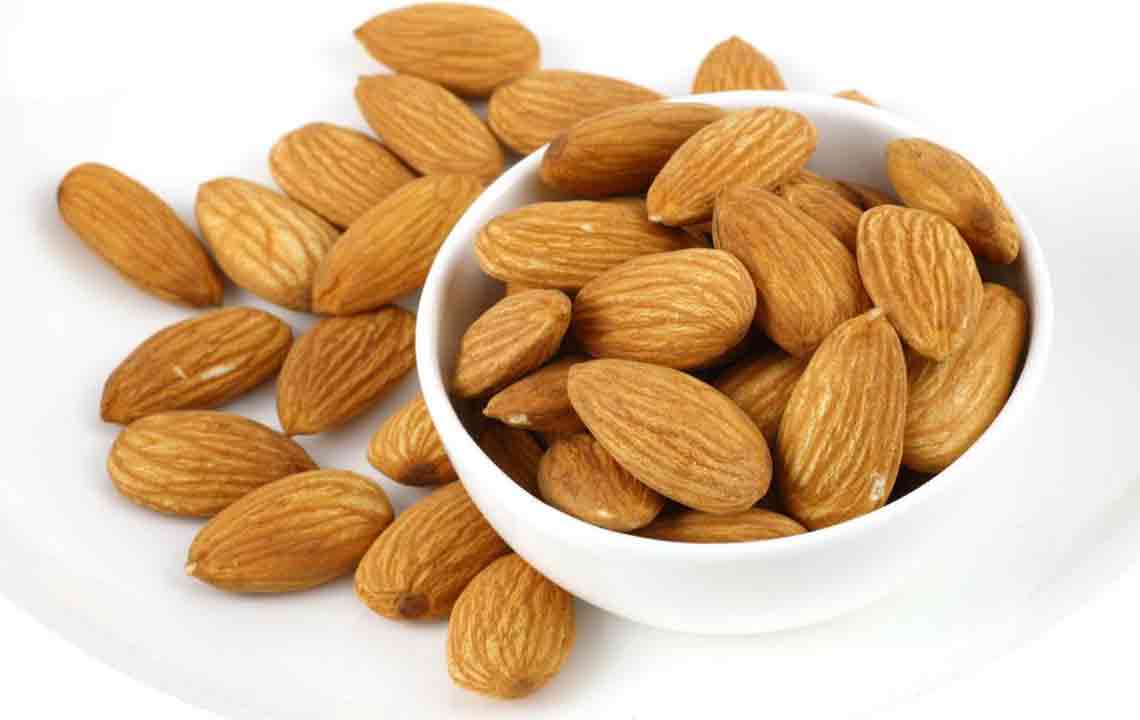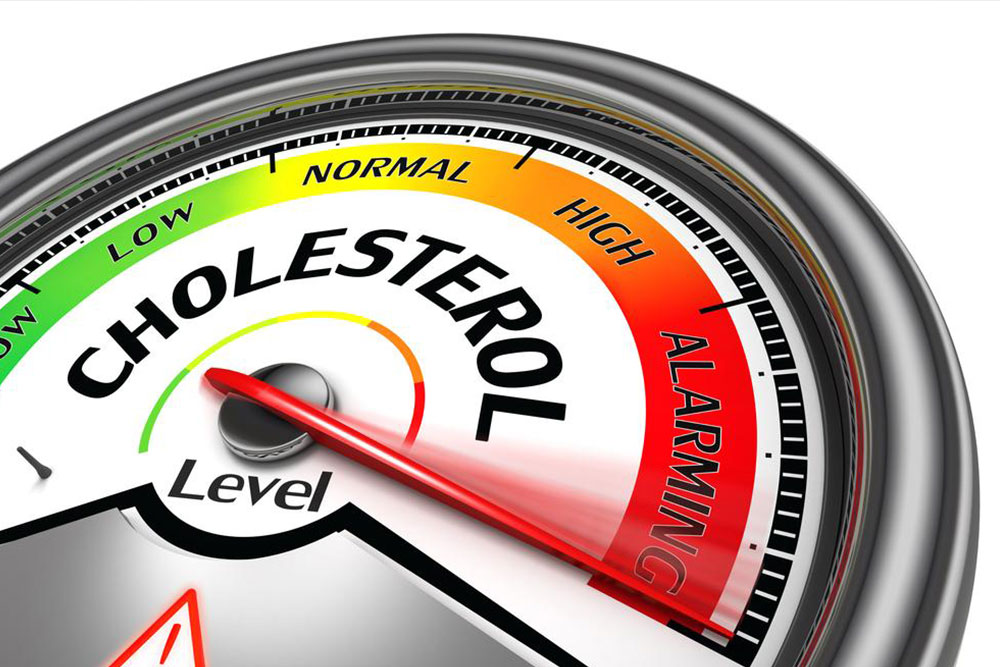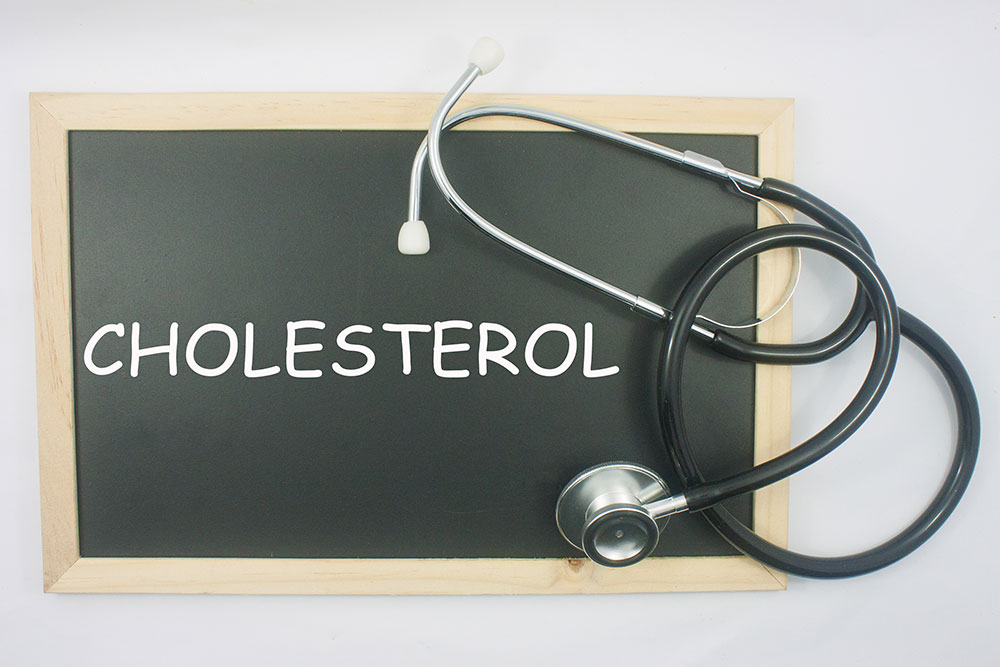Effective Strategies to Reduce Cholesterol Levels
Learn practical and effective strategies to lower cholesterol levels and improve heart health. Discover dietary tips, exercise routines, and natural supplements that can help reduce risks associated with high cholesterol. Regular screenings and good sleep habits are also emphasized for comprehensive care. Always consult healthcare professionals before making significant lifestyle changes or starting new treatments to ensure safety and efficacy.

7 Effective Ways to Lower Your Cholesterol
Maintaining good health is a common goal, but aging and lifestyle factors can lead to health concerns, especially heart-related issues. Elevated cholesterol levels play a significant role in cardiovascular diseases. While genetics can predispose individuals to high cholesterol, those without a family history can actively prevent it through lifestyle choices. Adopting healthy habits can significantly reduce the risk of heart problems and strokes.
Dietary Changes
Eating a balanced diet is crucial for managing cholesterol. Avoid fatty and processed foods, including butter, cheese, cream, chocolates, and fried meats. Opt for healthier oils like olive or canola oil instead of coconut or palm oil. Incorporating fruits, vegetables, nuts, and fiber-rich foods can help lower bad cholesterol levels.
Regular Health Screening
Routine blood tests to monitor LDL and HDL levels are vital. Regular checkups enable timely intervention with medications or lifestyle changes, reducing the risk of cardiovascular issues.
Physical Activity
Engaging in regular exercise such as walking, jogging, or strength training helps control weight and reduces cholesterol levels. Consult a healthcare professional to develop an exercise plan suitable for your needs.
Quality Sleep
Adequate rest is essential for heart health. Aim for 7-8 hours of sleep in a dark, quiet environment to allow your body to repair and regulate cholesterol efficiently. Poor sleep habits can increase heart disease risk.
Healthy Eating Habits
Focus on consuming vegetables, high-fiber foods, and omega-3 fatty acids found in fish, nuts, and seeds. Include plenty of leafy greens and protein sources like legumes. Limit intake of saturated fats and opt for natural, minimally processed foods.
Supplements and Over-the-Counter Options
Certain supplements, such as plant sterols, red yeast rice, and omega-3 supplements, may aid in cholesterol management. Always seek medical advice before starting any new supplement. Be cautious with OTC medications like statins or aspirin; discuss potential side effects with your healthcare provider to ensure safety.
Important Notice:
This article offers general health advice. For personalized treatment, consult a healthcare professional. Regular monitoring and tailored plans are essential for effective cholesterol management and heart health.










